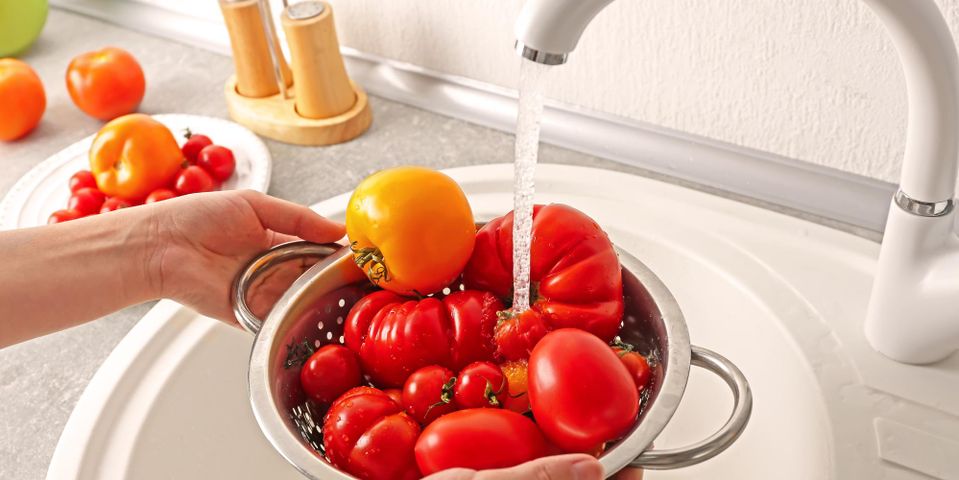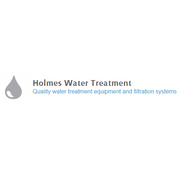
While the terms "hard" and "soft" likely don't make you immediately think about water, the liquid running through your home can be classified this way. Both hard and soft water are suitable for drinking, but hard water contains more calcium and magnesium, which can cause some issues in your home. Learn more about how to detect hard water below so you can keep your appliances in excellent condition.
How Can You Tell What Kind of Water You Have?
You can determine the hardness of your water by looking at your appliances that use the liquid. Hard water can lead to stains on your faucets and soap scum on your tubs, while also damaging clothes in the washing machine and staining dishes in the dishwasher. Additionally, soap doesn't mix well with hard water, which will create a residue on your skin.
How Does Hard Water Cause Damage?
 Over time, the use of hard water can lead to dry and itchy skin. Also, hard water in the washing machine will prevent detergent from adequately cleaning your clothes, causing them to wear out faster. Finally, if your hard water is due to mineral deposits in your pipes or water heater, these features could become damaged beyond repair if the issue is left alone.
Over time, the use of hard water can lead to dry and itchy skin. Also, hard water in the washing machine will prevent detergent from adequately cleaning your clothes, causing them to wear out faster. Finally, if your hard water is due to mineral deposits in your pipes or water heater, these features could become damaged beyond repair if the issue is left alone.
What Is Water Softening?
Water softening is the process of removing calcium and magnesium from your water and replacing them with sodium. This is ideal for cleaning because it mixes better with soap and doesn't leave stains behind. If sodium is a concern, many water filters also use potassium instead.
If your home has hard water, get a water filtration system from Holmes Water Treatment Co. Based in Wentzville, MO, this company has provided water filters and purification systems to residents throughout St. Peters, St. Charles, and Warrenton for over 40 years. They want all their customers to experience the pleasure of clean water, and they’ll cater to your specific needs. To schedule water testing, call (636) 327-6404 or reach out online.
About the Business
Have a question? Ask the experts!
Send your question

